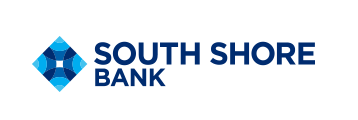Saving for retirement is important for your long-term financial well-being, but what is the best way to make that happen?
Experts say that it’s never too early to start and that some of the most common options are 401(k) plans and IRAs.
If your employer offers a 401(k) you should strongly consider that option, especially if they offer to match your contributions based on how much money you put in.
With a 401(k) your contribution is deposited into your retirement account before it is taxed as income and you are usually given a fixed number of investment options to choose from, such as a variety of mutual funds. A big advantage of these plans is that many employers match your contribution up to a certain percentage of your income. This is often called ‘free money’ because the employer contribution is in addition to what you add.
With a 401(k), you can start withdrawing money at age 59½ and no later than age 70½. Since this is a tax-deferred contribution, you don’t pay any income tax until you start making withdrawals and then it will be taxed at your income level at that time.
Individual Retirement Accounts – including Roth and traditional - usually are not employer driven. These are accounts you open and fund on your own and you’ll likely have more investment options. But IRAs have lower annual contribution levels than a 401(k) and they don’t have employer match options.
If you contribute to a traditional IRA, that money may be tax-deductible but you’ll pay income tax on withdrawals you make after age 59½.
With a Roth IRA, the money you save will already have been taxed as income, but the advantage is that qualified withdrawals in retirement will be tax-free.
An important thing to keep in mind is that, generally, if you contribute to a 401(k) through work, you also have the opportunity to fund an IRA.
To help determine what is best for you and your situation and to learn more about contribution limits and withdrawal rules, talk with a financial professional about your options.
Click here to learn about our Investment Center at South Shore Bank and see what options are best for you.

